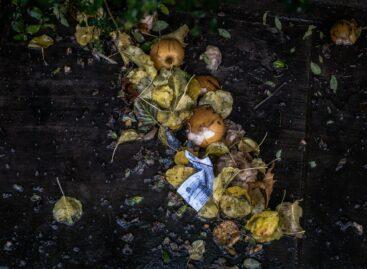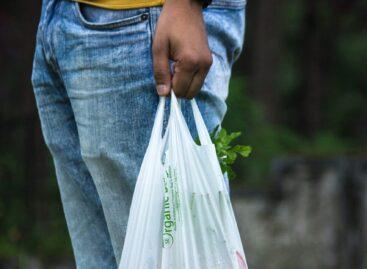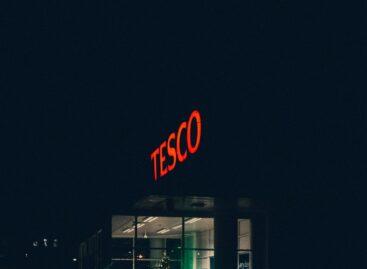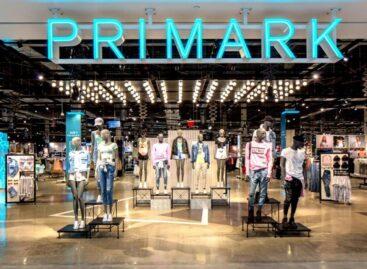Life is fantastic without plastic!
SPAR’s long-term objective is to stop using materials in the packaging of private label products that are difficult to recycle, and to only utilise just as much packaging material that is needed – Márk Maczelka, the retail’s chain’s head of communications told our magazine.

Márk Maczelka
head of communications
SPAR
Shoppers don’t just want products that look good any more, they also like it if the packaging is informative, comfortable to use and eco-friendly. Since SPAR is a responsible retailer, they make efforts to generate less plastic waste. The company supports selective waste collection and promotes recycling. SPAR’s paper bags that replace plastic ones, e.g. for bakery items, are very popular among shoppers. From 2019 eggs are only sold in paper cartons, and the weight of certain private label products’ PET bottles have been reduced.
For Tesco it is a priority to use packaging that comes from sustainable sources, and to make sure that they are used again or recycled. This why the retailer has made a pledge to make 100 percent of its private label packagings recyclable by 2025, and to source 100 percent of paper and cardboard packagings from sustainable production. Shoppers already have the opportunity in Tesco stores to put the bakery items, fruits and vegetables they buy in their own textile bags. In 2019 Tesco introduced r-PET bottles with private label fresh fruit juices and smoothies: r-PET bottles are made of polyester recycled from used plastic bottles – and the r-PET bottles are recyclable too. With the help of reusable plastic trays Tesco can cut the volume of cardboard and other transportation packaging used; in 2018-2019 they collected 62,900 tons of paper and plastic wrap packaging, taking it to logistics centres.

Judit Tőzsér
head of company communication
Lidl
Lidl Hungary is dedicated to minimising plastic utilisation in its private label products and their packaging. By 2025 the discounter chain will reduce its plastic use by 20 percent and make the plastic packaging of private label products 100 percent recyclable. Head of company communication Judit Tőzsér added: Ending plastic use with the plastic trays of private label energy drinks resulted in utilising 5 tons less plastic wrap since August 2018. As the next step, until the end of 2019 Lidl Hungary will ban single-use plastic products and phase out plastic cutlery and drinking straws, which are currently available with ready-to-eat food products and drinks.

Bernhard Haider
managing director
ALDI
ALDI has been trying to use green solutions in as many fields as possible ever since the discount supermarket chain entered the Hungarian market. Managing director Bernhard Haider told Trade magazin that they mostly transport breads and bakery items, meat, fruits and vegetable to stores in multi-use boxes, and display fruits and vegetables without packaging if possible. Thanks to measures taken in 2018, ALDI used 4,000 tons less cardboard with fruits and vegetables last year. Since the start of 2019 organic bananas arrive in stores without packaging, and this step reduced the volume of plastic waste by approximately 3.5 tons. Also this year ALDI phased out single-use plastic products, e.g. cutlery, plates, glasses and drinking straws. By 2025 the retailer will use recycled packaging with 100 percent of private label products. Until 2015 they will decrease packaging material use by 15 percent. //
Related news
“To the bin with food waste” – the Nébih No Leftovers program announces a poster design competition
On the occasion of the Sustainability Theme Week, the program…
Read more >Paper packaging may not be the best
The environmental effects of packaging are receiving more and more…
Read more >Tesco is introducing cheaper own-brand products in its Expressz stores
Tesco is introducing cheaper own-brand products in its Expressz stores…
Read more >Related news
“To the bin with food waste” – the Nébih No Leftovers program announces a poster design competition
On the occasion of the Sustainability Theme Week, the program…
Read more >Primark is preparing for a major innovation
Primark, the international fashion department store, will open its first…
Read more >Paper packaging may not be the best
The environmental effects of packaging are receiving more and more…
Read more >





